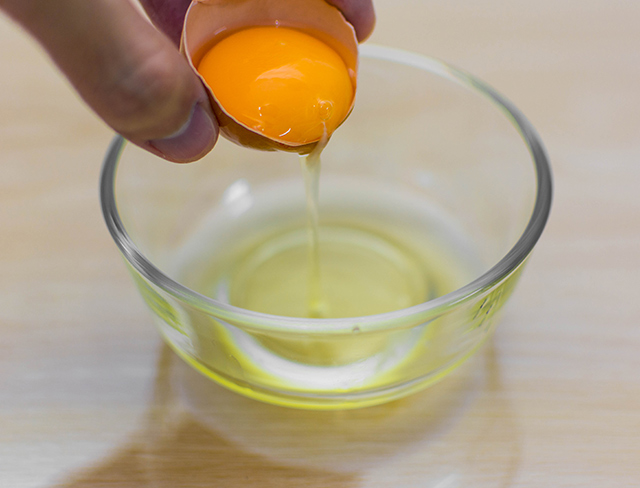Yes, breast is best but indirect feeding of pumped milk may expose infants to dangerous bacteria
05/31/2019 / By Isabelle Z.

Being a new mother is difficult. You want to do what’s best for your baby, but you’re constantly being bombarded with conflicting information. However, almost everyone is in agreement that breast milk is the best nourishment for your new baby – but there’s one big caveat.
A new study carried out by Canadian microbiologists found that feeding your baby breast milk from a pump can expose them to dangerous bacteria. To reach their conclusions, they examined the bacteria genes in samples of breast milk taken from 393 mothers in the first few months after birth.
Breast milk was considered to be sterile in the past, but scientists now know that it contains bacteria. Previous studies have shown that the bacteria in a mother’s breast milk is the biggest factor when it comes to influencing a baby’s gut microbiota. This bacterial ecosystem’s health has been linked to a predisposition to a host of chronic illnesses including allergies, obesity and asthma.
The new study aimed to determine how milk microbiota composition is influenced by maternal factors and breastfeeding practices, and the only consistent factor that was directly linked to milk microbiota composition was the use of a pump. Other factors that were studied but determined not to play a role included delivery by C-section, previous childbirth, and the body mass index of the mother.
They discovered that the milk that was administered using breast pumps contained greater amounts of opportunistic pathogens like Pseudomonadaceae and Stenotrophomonas. Although they can be fought off under normal circumstances, these pathogens can cause infections when one’s immune system is being suppressed – for example, by taking antibiotics. Some of the dangers posed by Stenotrophomonas include blood, respiratory and urinary tract infections, while Pseudomonadaceae puts people at risk of wound infections. These gut microbiota disruptions have been linked to asthma later in childhood.
Babies who fed directly from their mother’s breast, on the other hand, had a higher number of microbes in their mouths and a greater diversity as well. One of the species found, Bifidobacterium, is linked to a lower risk of infections and better digestion.
The study is considered one of the biggest studies ever conducted into human milk microbiota, and it expands the current scientific understanding of the factors that can influence it. It may help explain why babies who are exclusively fed at the breast have the lowest rates of asthma by age three compared to those who consume pumped milk and formula-fed babies.
Does this mean you shouldn’t pump?
If you’re unable to breastfeed your baby directly for whatever reason, that doesn’t mean you should give up the pump just yet. Your milk is still better for your baby than a synthetic formula. However, it’s important to keep this study in mind and be sure to clean your breast pump very thoroughly every time you use it. The researchers can’t say for sure the bacteria are related to improper cleaning; the pathogens might simply be getting a greater chance to grow thanks to the lack of beneficial bifidobacteria.
Dr. Meghan Azad, who worked on the study, said: “Any breast milk is better than none — whatever way you can deliver it. But what I think what these studies are showing is that we shouldn’t assume that all breast milk is the same when it’s delivered in a bottle or at the breast.”
In other words, breast milk is always the superior choice for feeding your baby when it’s available – but if you have a choice between feeding your baby directly and using a pump, you should opt for direct feeding as much as possible.
Sources for this article include:
Tagged Under: ashtma, babies, breast milk, breast pump, breastfeeding, child health, food safety, gut health, gut microbiota, infant health, microbiota, pumping, research, women's health
RECENT NEWS & ARTICLES
COPYRIGHT © 2017 FOOD SCIENCE NEWS



















